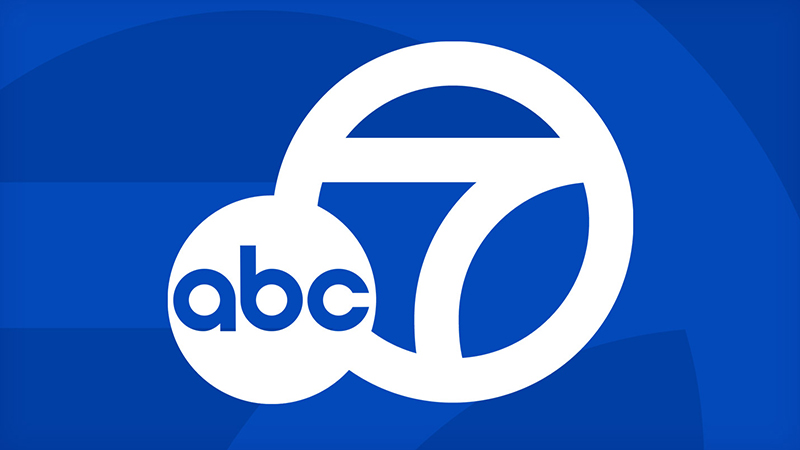'Tech Neck' could pose health problems in long run, experts say

LOS ANGELES (KABC) -- Eighteen-year-old Thandiewe Kara Durdian-James suffers from a pain in her neck due to too much cellphone use.
"It's been happening actually a lot recently. It's almost every time I'm looking down at my phone, which of course is going to be 24-7," Durdian-James said. "My neck starts to hurt and I'll try to kind of put it back in a position, and it just doesn't seem to work."
Bay Club personal trainer Marc Natividad says it's known as a rounded shoulder pattern, but the term widely used today is "tech neck."
Those overusing cellphones, tablets and computers are suffering, including teenagers.
Physical therapy Dr. Andrew Pritikin says that when the head continually tilts forward extra pounds of pressure are put on one's neck and back.
"The soft tissue structures, the muscle, the ligaments get stretched out, [and] there's a shearing of the vertebrae and the facets get compressed," Pritikin said.
Meanwhile, both experts say prevention is key.
"If you have an issue, physical therapy is going to cost you. You're going to be out of work and you're going to be in pain," Natividad said.
"You're pretty much guaranteeing yourself a surgery in the future if you keep that up," Pritikin said.
Both experts say that if you use your cellphone or other forms of technology every day, you should also do exercises every day. The exercises don't take long but they are effective. Some exercises will stretch the front of the body, while others strengthen the back.
Pritikin recommends grabbing your chair seat. Lean away from the side for a 30 second hold. Do both sides. Then take your arms behind you, squeezing your shoulder blades together while opening your chest. Do this 40 times with your palms up and 40 times with your palms down.
Natividad says go with slow-controlled head rolls in both directions, then place hands in the small of your back and pull your elbows behind you while squeezing your shoulder blades and opening up your chest.
"The only way the head can sit on top of the body is if the shoulders are back," Pritikin said.


